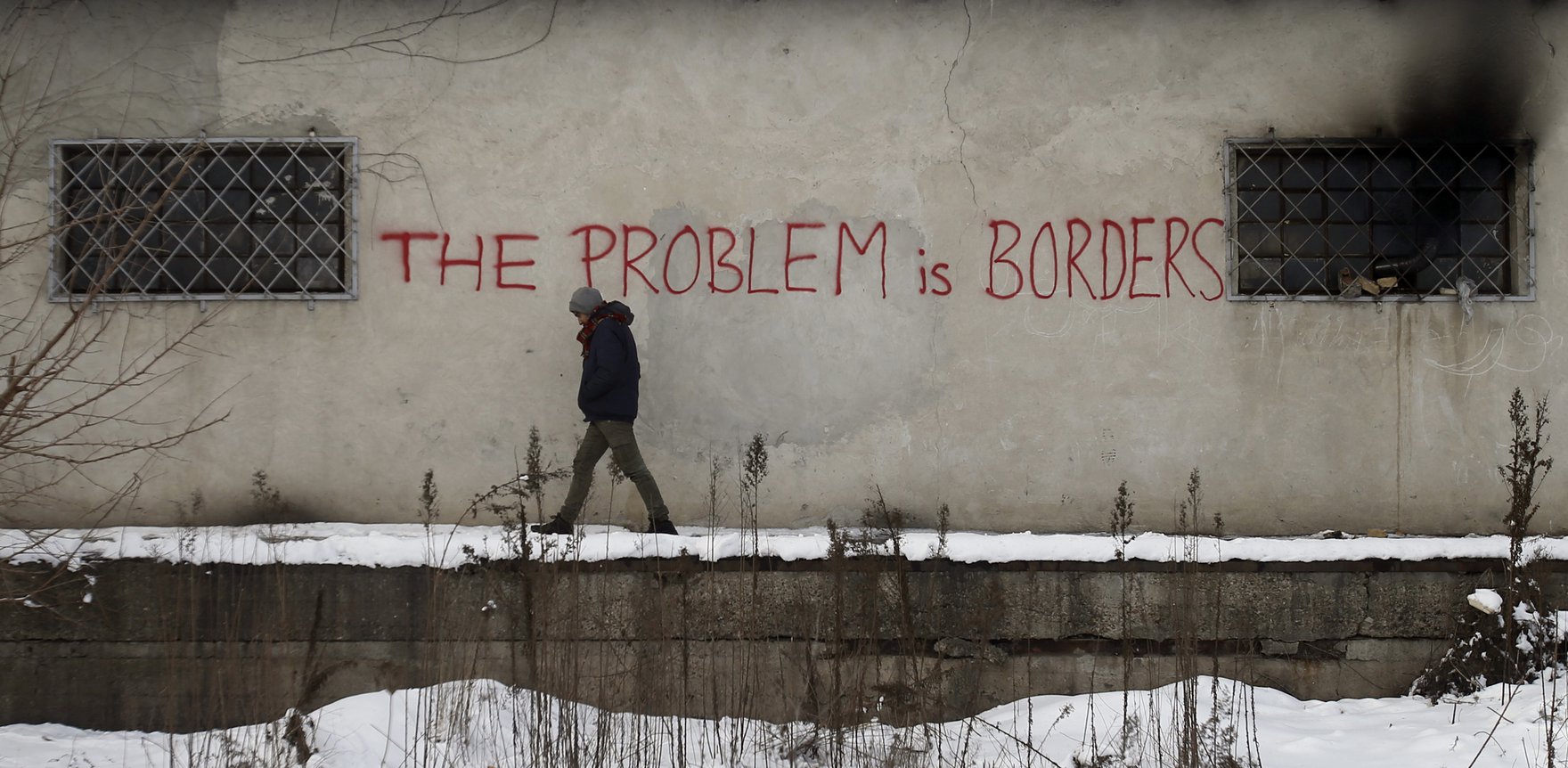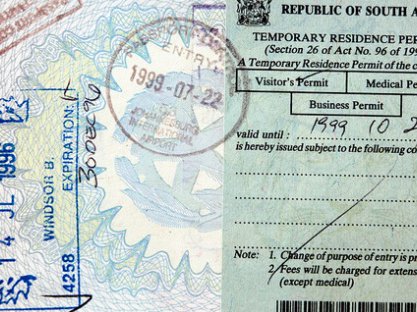Migration from poor to rich countries is a hot political topic. There is much to argue about, but a relatively simple socio-economic analysis can illuminate one important issue — why migrant crises are likely to keep coming for several decades.
Economic gains are not the only reason to move from developing to developed economies. Still, it is a safe bet that the appeal of additional riches played a significant role in the migration decisions of the vast majority of the 81 million people from poor lands who were living in rich ones in 2013, as estimated by the United Nations. These migrants constitute about seven percent of the current population of all developed economies.
That is a big number, but the poor-to-rich flow would be substantially greater if receiving countries did not strictly limit the supply of visas. As an indicator, the European Union does not have any limits on moving between member countries, and as many as one in 10 Romanians now live in richer EU countries. If residents of all developing economies followed the Romanian pattern, the number of emigrants living in developed economies would increase eightfold.
That multiple is conservative. A typical Romanian already has a lower-middle-income lifestyle, so many of them will think the 125 percent potential upgrade to a typical French or German income is too small to lure them away from family and familiarity. But for the average Chinese earner, the gain is a much more compelling 230 percent. From India, it is 660 percent.
The economic appeal of emigration may dwindle eventually, once most developing countries reach middle-income status. For now, though — and for decades to come — the income gap between rich and poor lands remains huge. The average GDP per person is about five times higher in the developed world than in the developing one.
Somewhat ironically, two decades of significant catch-up by developing economies has almost certainly increased the desire to leave. As incomes in poor countries mount, knowledge spreads and populations urbanize. The pool of people who have what is necessary to take on life in a new land — aspirations, skills, funds and hustle — expands rapidly.
Economic globalization further reduces the practical problems and psychological pain of changing homes. Knowledge of the global language, English, is increasingly widespread, so anyone in a poor country with a halfway decent education already almost qualifies as a quasi-citizen of the developed world. The mobile phone network is nearly universal and almost free to use. And migration stress is often mitigated by the presence of established communities from the old country.
On the other side, the economic logic in favour of leaving is powerful in many developing countries. Jobs are often in short supply, and corruption and incompetence frequently block initiative. It is reasonable for ambitious residents to think that their economic life will be much better inside the border of a developed country, with its solid infrastructure, enforced laws, fairly open markets and extensive public services.
The expanding pool of plausible potential migrants will keep putting pressure on the borderlines of opportunity. Would-be migrants will apply for permission any way they can, as students, skilled workers, refugees and members of settled families. If legal avenues are too restrictive, they will enter or stay illegally. Most of them will be deterred, but enough will make it to keep the political fire burning in the receiving countries.
In Europe, popular outrage led to a political migrant crisis in 2015. The spark was an unusually large group of migrants let in for humanitarian reasons. But with this global swell of desire, the next crisis is never far away. The trigger can be almost anything — a new smuggling route, extra visas granted to prop up the economy, a few lurid crimes committed by new migrants or just angry demonstrations by some displaced native workers.
Politicians in developed economies are vying to be the toughest opponent of foreigners. Since the pressure from potential immigrants is not going away any time soon, the political pressure against letting them in is only likely to increase. That is a recipe for tension and a spur to violence.
What is to be done? One idea is to learn from Japan and Canada, which have fewer migration problems. But Japan has few immigrants, and Canada’s multicultural liberal model does not seem to be suitable for export.
Perhaps an explicitly moral approach could do better.
After all, the situation is morally unattractive, on both sides. People in developed economies enjoy prosperity and security that they did not create. They look selfish when they are reluctant to share these inherited advantages with others who could benefit. Conversely, migrants who are not desperately poor can appear grasping when for the sake of material gain they leave behind their communities, and often young children, parenting by remittance.
Persuading constituents in prosperous countries of the virtue of generosity is no small task. But with political space comes policy space. Not just for granting more visas, but for crosscutting countermeasures that are proportionate to the ferocity of the political fires migration crises fuel.
What sort of measures? Offer generous trade terms that favour developing countries and help them make better use of their native talent. Help the remittance economy support growth by offering more multi-year visas and top-up aid in return for commitments to invest in businesses back home. And work with multinationals to give them tax breaks in return for deepening their commitment to creating spillover gains in their businesses in developing countries.
Generosity-based migration policy clearly runs counter to the current political tide. But anti-migrant policies are fighting an even stronger force — the powerful economic logic of poor-to-rich migration.
Edward Hadas was economics editor at Thomson Reuters, where he continues to contribute to Reuters Breakingviews. He also did a stint with the Financial Times’ influential Lex column, following 25 years as a financial analyst with firms like Morgan Stanley and Putnam Investments. Edward has degrees in philosophy, classics and mathematics from Oxford University and Columbia University and an MBA from SUNY Binghamton



